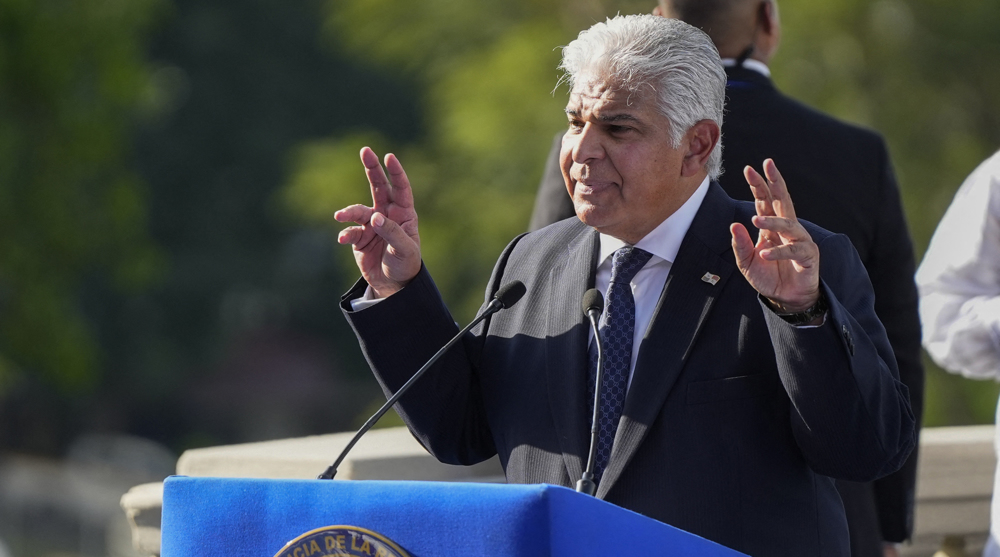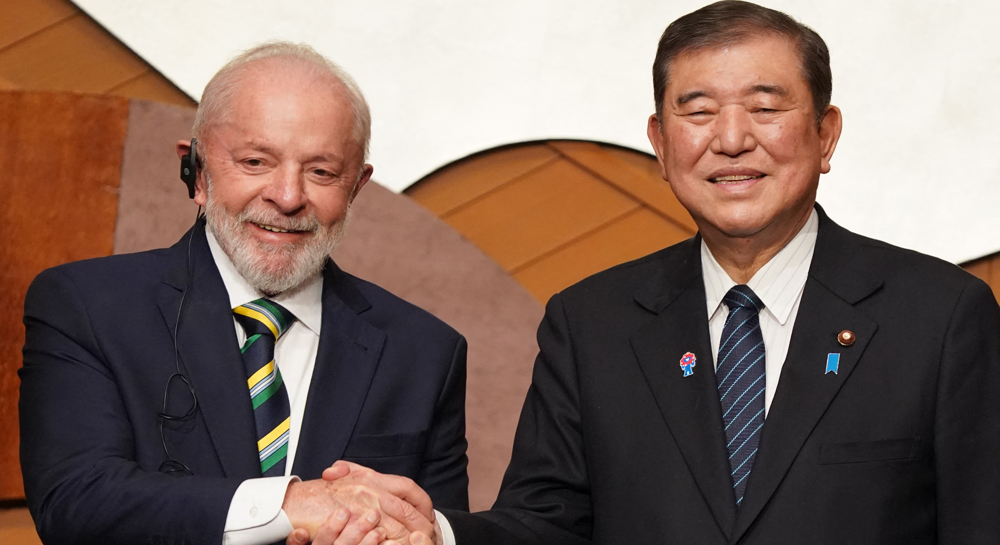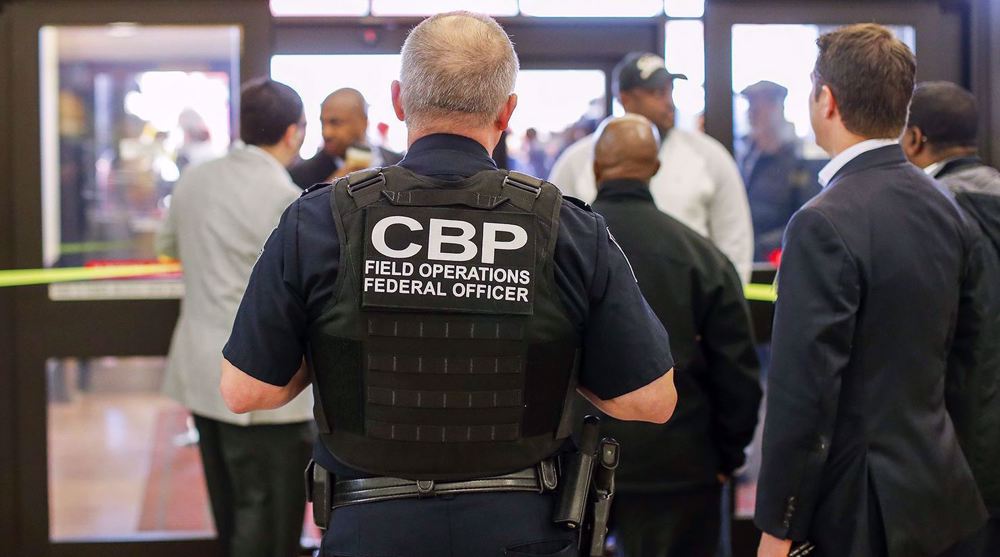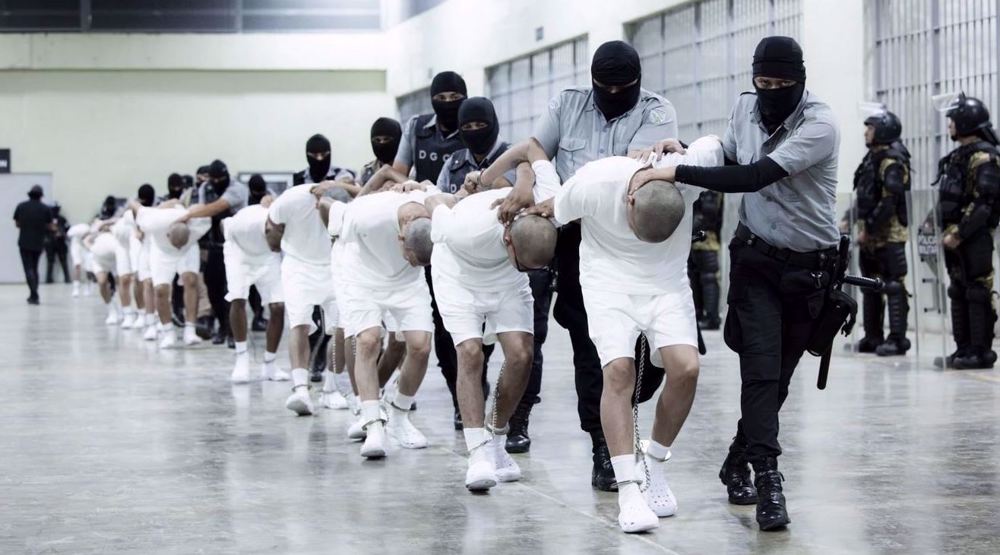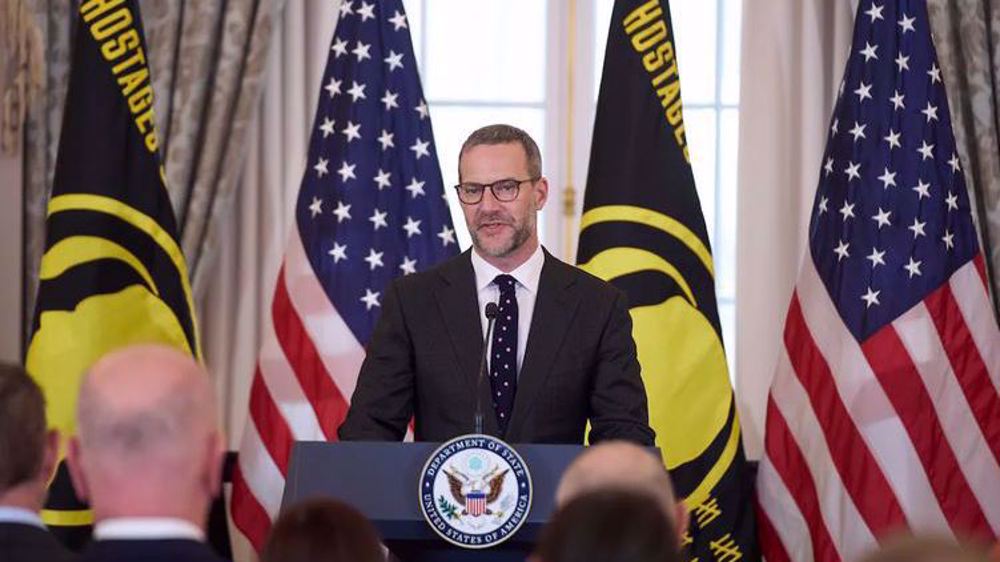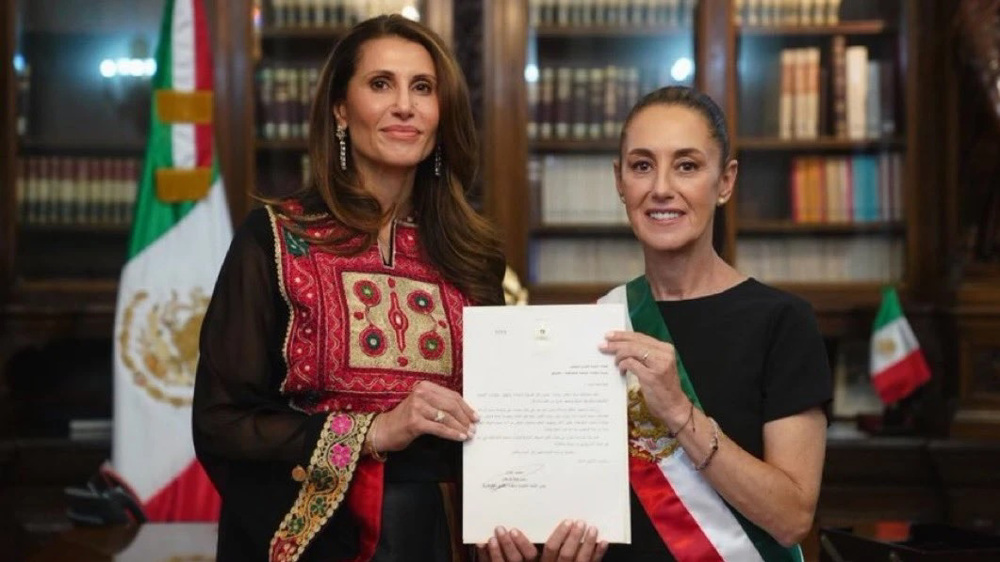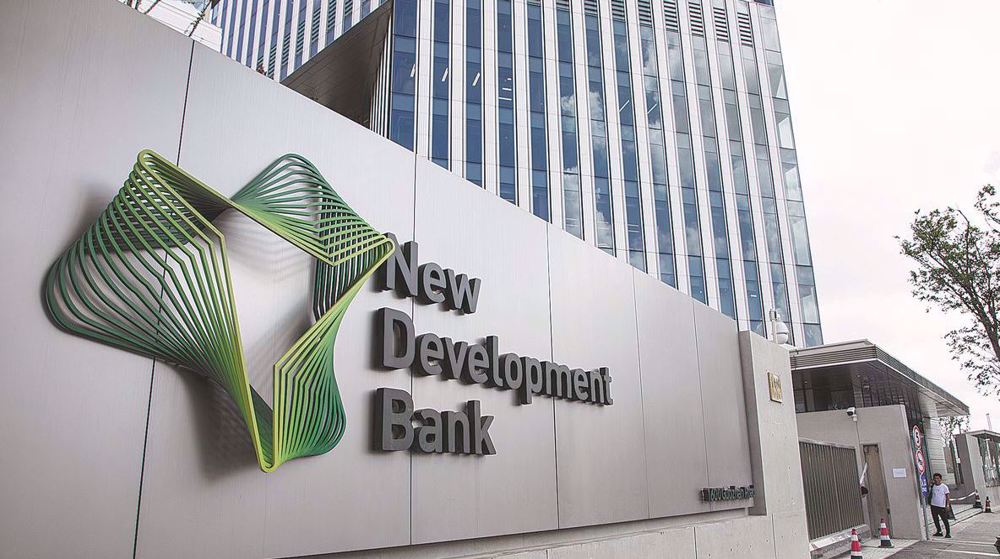 |
Israel's medical industry still falls below the average of OECD countries in several areas despite an increase in the number of doctors, nurses, and medical health professionals, according to a report published by the Health Ministry on Thursday.
The report was titled the 2023 health professions workforce report and found that Israel, on a per capita level, compares poorly to other developed OECD countries.
The number of doctors being employed in Israel reached 3.5 per 1,000 residents in 2022, up from 3.2 in 2018. However, the OECD average is 3.7 per 1,000 residents.
Similarly, the number of medical students graduating medical school in Israel reached 7.24 per 100,000 people, but this is significantly lower than the OECD average of 14.3.
According to the Health Ministry's strategic plan, the number of medical students will be increased annually in the hope that by the end of the decade, 2,000 medical students will begin their studies in Israel each year.


How many licenses were issued in 2023?
2,495 new medical licenses were issued in 2023, which is a significant increase compared to previous years.
Approximately one-third of the licenses were granted to graduates of Israeli medical schools, while approximately half were granted to those who graduated from medical school abroad.
Notably, in 2019, a reform was passed that excluded students from medical schools abroad that did not meet the required standards from being recognized as eligible for a medical license.
Therefore, starting next year, students from these schools will not be able to receive a license to practice medicine in Israel.
How many doctors are there in Israel?
The report found that there were 46,981 registered doctors in Israel by the end of 2023, with 35,144 of these under the age of 67.










